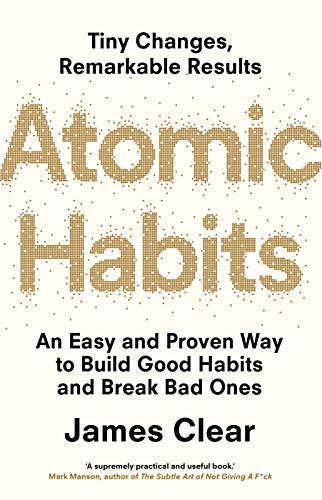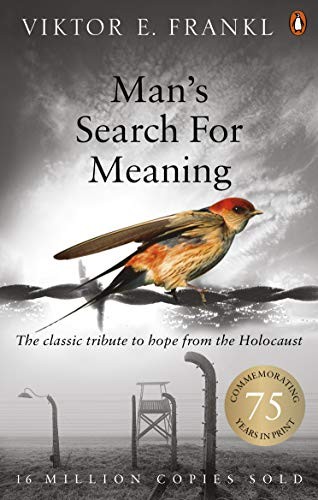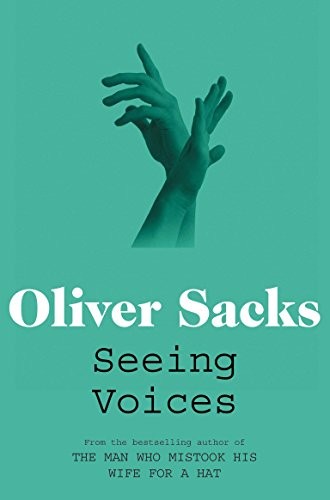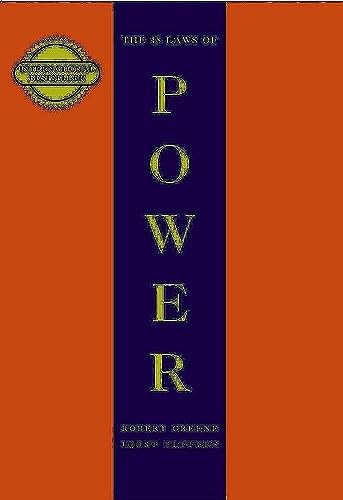Musicophilia: Tales of Music and the Brain
2.600,00 د.ج
‘A humane discourse on the fragility of our minds, of the bodies that give rise to them, and of the world they create for us. This book is filled with wonders’ Daily Telegraph Oliver Sacks’ compassionate tales of people struggling to adapt to different neurological conditions have fundamentally changed the way we think of our own minds. In Musicophilia, he examines the powers of music through the individual experiences of patients, musicians and everyday people those struck by affliction, unusual talent and even, in one case, by lightning to show not only that music occupies more areas of our brain than language does, but also that it can torment, calm, organize and heal. Always wise and compellingly readable, these stories alter our conception of who we are and how we function, and show us an essential part of what it is to be human. ‘Fascinating. Music, as Sacks explains, “can pierce the heart directly”. And this is the truth that he so brilliantly focuses upon that music saves, consoles and nourishes us’ Daily Mail ‘Irresistible, astonishing and moving’ Spectator ‘Deeply warm and sympathetic’ Guardian
‘A humane discourse on the fragility of our minds, of the bodies that give rise to them, and of the world they create for us. This book is filled with wonders’ Daily Telegraph Oliver Sacks’ compassionate tales of people struggling to adapt to different neurological conditions have fundamentally changed the way we think of our own minds. In Musicophilia, he examines the powers of music through the individual experiences of patients, musicians and everyday people those struck by affliction, unusual talent and even, in one case, by lightning to show not only that music occupies more areas of our brain than language does, but also that it can torment, calm, organize and heal. Always wise and compellingly readable, these stories alter our conception of who we are and how we function, and show us an essential part of what it is to be human. ‘Fascinating. Music, as Sacks explains, “can pierce the heart directly”. And this is the truth that he so brilliantly focuses upon that music saves, consoles and nourishes us’ Daily Mail ‘Irresistible, astonishing and moving’ Spectator ‘Deeply warm and sympathetic’ Guardian
| Editeur |
|---|
Produits similaires
An Anthropologist on Mars
Ikigai: The Japanese secret to a long and happy life
Man’s Search For Meaning: The classic tribute to hope from the Holocaust
'A book to read, to cherish, to debate, and one that will ultimately keep the memories of the victims alive' John Boyne, author of The Boy in the Striped Pyjamas
A prominent Viennese psychiatrist before the war, Viktor Frankl was uniquely able to observe the way that both he and others in Auschwitz coped (or didn't) with the experience. He noticed that it was the men who comforted others and who gave away their last piece of bread who survived the longest - and who offered proof that everything can be taken away from us except the ability to choose our attitude in any given set of circumstances. The sort of person the concentration camp prisoner became was the result of an inner decision and not of camp influences alone. Frankl came to believe man's deepest desire is to search for meaning and purpose. This outstanding work offers us all a way to transcend suffering and find significance in the art of living.
Seeing Voices: A Journey into the World of the Deaf
The 48 Laws Of Power
Some laws teach the need for prudence ("Law 1: Never Outshine the Master"), the virtue of stealth ("Law 3: Conceal Your Intentions"), and many demand the total absence of mercy ("Law 15: Crush Your Enemy Totally"), but like it or not, all have applications in real life.
Illustrated through the tactics of Queen Elizabeth I, Henry Kissinger, P. T. Barnum, and other famous figures who have wielded--or been victimized by--power, these laws will fascinate any reader interested in gaining, observing, or defending against ultimate control.
The Future of Geography
the new frontier, a wild and lawless place. It is already central to communication, economics, military strategy and international relations on Earth. Now, it is the latest arena for human exploration, exploitation – and, possibly, conquest. We’re heading up and out, and we’re taking our power struggles with us. China, the USA and Russia are leading the way.
From physical territory and resources to satellites, weaponry and strategic choke points, geopolitics is as important in the skies above us as it is down below. If you’ve ever wondered if humans are going back to the Moon, who will benefit from exploration or what space wars might look like, the answers are here.
With all the insight and wit that have made Tim Marshall the UK’s most popular writer on geopolitics, this gripping book shows how we got here and where we’re going, covering great-power rivalry; technology; commerce; combat in space; and what it means for all of us down here on Earth. This is essential reading on power, politics and the future of humanity.
The Wonderful Adventures of Mrs Seacole in Many Lands (Collins Classics)
Unless I am allowed to tell the story of my life in my own way, I cannot tell it at all
Mary Seacole – traveller, nurse, businesswoman and radical for her time – defied a prejudiced British government to care for soldiers wounded during the Crimean War.
This ground breaking account, written by Seacole in 1857, brings to life her incredible journey from Jamaica to Central America and England, and then on to modern-day Ukraine, where she acted as nurse to injured soldiers while running her business, the 'British Hotel'. A witness to key battles, she gives vivid accounts of how she coped with disease, bombardment and other adversities during the Crimean War.
In this extraordinary autobiography, Seacole shows how she navigated her way through racial injustice, poverty and ignorance to become the first woman of colour in Britain to publish her memoirs. It is a testament to her enduring legacy.










